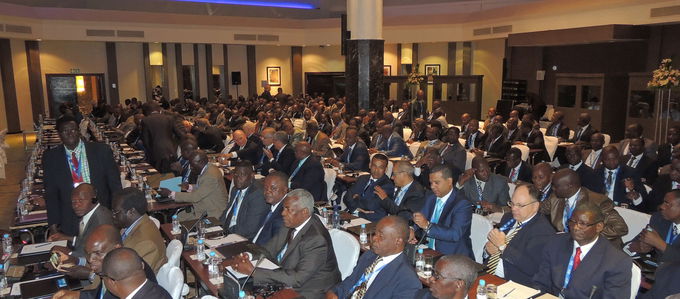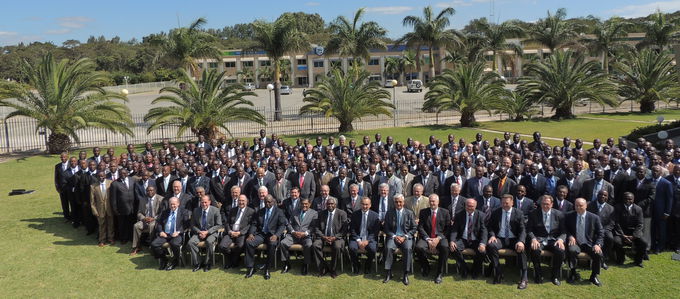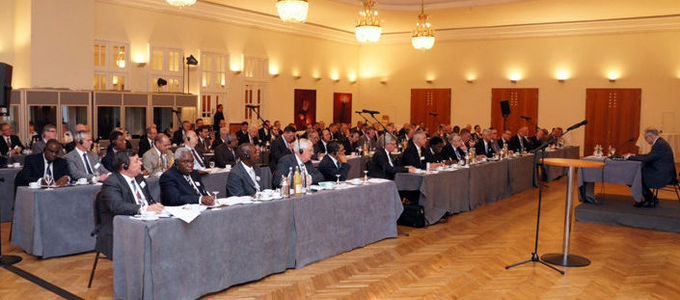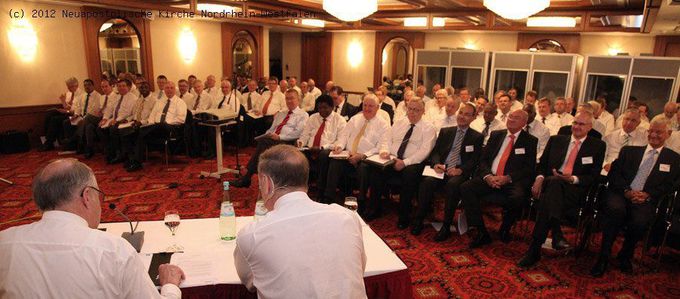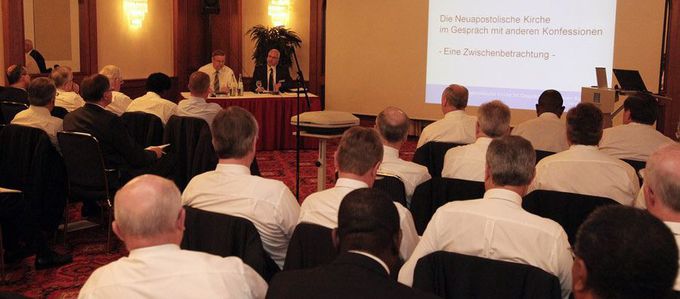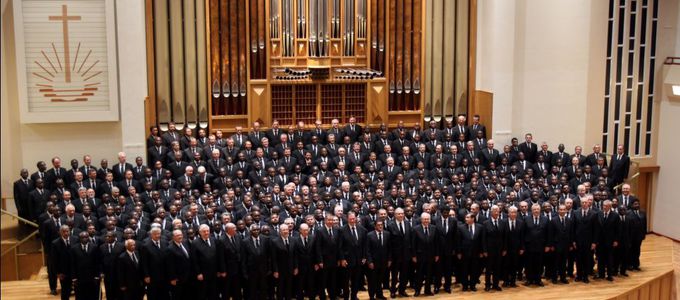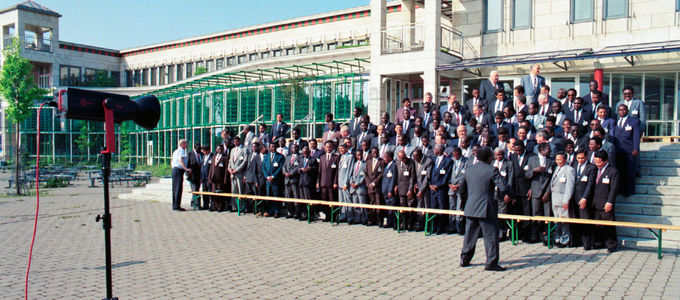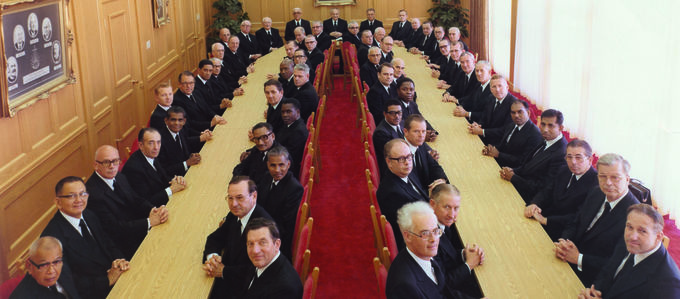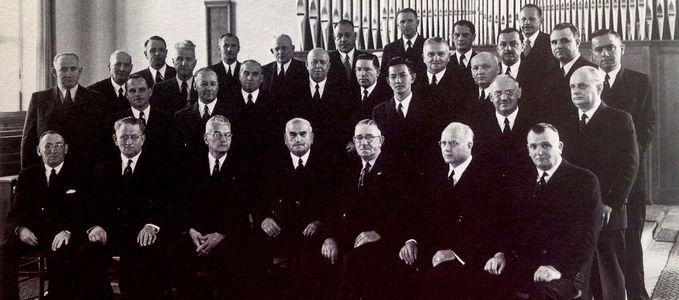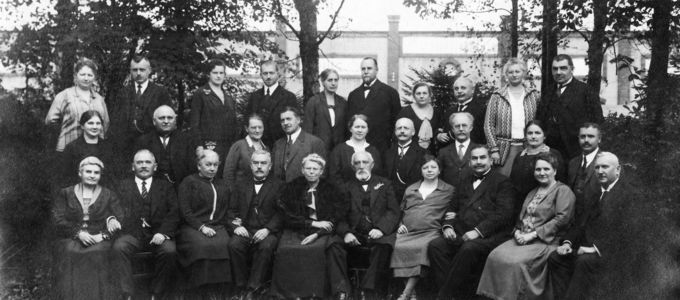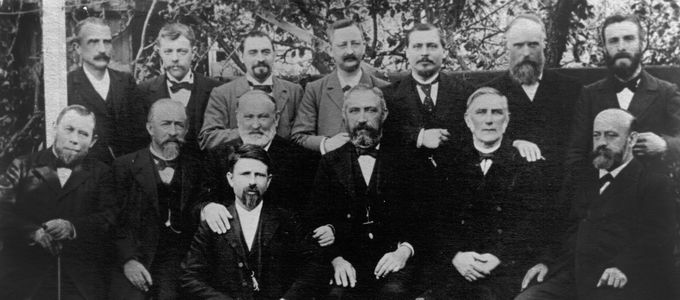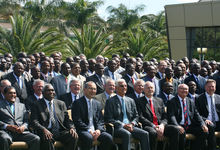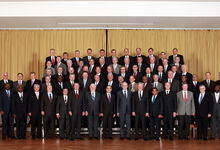A finger on the pulse of time: apostolic councils
One heart and soul: this will be the agenda not only of the central Pentecost service in Frankfurt, but also of the Apostles’ conference that will take place there. But while the service is a public event, the meeting takes place behind closed doors. What takes place there?
Acts 15 reports about the very first apostolic council that took place in Jerusalem. Chief Apostle Wilhelm Leber made reference to it on Pentecost 2013: “The early Christian council at Jerusalem showed how the unity of the church can be maintained. Peter had indeed been spokesman at the time, but he did not decide things alone but in consultation with the Apostles.”
A uniform doctrine
One of the most important tasks of the Chief Apostle is to promote unity among the Apostles. This is what it says in the statutes of the New Apostolic Church International. A means to achieve this are apostolic councils. Such conferences—convened for various occasions—have been a tradition since 1905. But they receive special emphasis when they are convened on Pentecost—then when the focus is on the unity of the worldwide church.
Starting in the year 1990, an international Apostles’ conference was convened once every three years on Pentecost. The last such conference—with all Apostles—took place in Cape Town in 2010. Of a total of 351 Apostles at the time, 342 were able to attend. The agenda called for the revision of the Articles of Faith, a new liturgy in our divine services, and the ratification of a revision to the Statutes of the New Apostolic Church International.
Direction-setting statements
Since the international conferences have been replaced by so-called delegates’ meetings, the Pentecost meetings include representatives from all continents. They are characterized by a spiritual address given by the Chief Apostle that sets and defines new impulses, such as on Pentecost 2011 in Dresden (Germany): “We always take criticism very seriously,” Chief Apostle Leber said at the time, referring to the discussions on our new understanding of church. “We take criticism seriously and will deal with it in terms of content as long as is necessary,” he said, “and as long as the discussions remain factual and objective.”
With the change in the leadership of the Church such direction-setting statements came into focus even more. For example, on Pentecost 2012 in Cologne (Germany): “I stand for a New Apostolic faith without complexes or arrogance,” the designated Chief Apostle Helper Jean-Luc Schneider said a day before his appointment. And on Pentecost 2013 in Hamburg (Germany), before he was ordained as Chief Apostle, Jean-Luc Schneider said in view of the declining membership in Europe: “As Apostles and ambassadors in Christ’s stead we are not fighting for the survival of the New Apostolic Church, but we are fighting for the Lord Jesus Christ.”
Concrete targets
“This is my programme for Africa,” Chief Apostle Schneider said on Pentecost 2015 in Lusaka in Zambia. The continent is home to 80 per cent of the world’s New Apostolic Christians and poses many challenges. Among other things he spoke about the socio-economic development in Africa and the belief in miracles.
The Chief Apostle spent the greater part of the morning talking about the education system in Africa: “The education of our members is growing steadily. This also has an effect on our education system in the Church.” Religious instruction has to keep pace. “I ask you, my dear Apostles, to please make a priority of these tasks: instruct the ministers, and establish Sunday School for children in all congregations.” Such concrete targets have rarely been set at Pentecost assemblies.
Article info
Author:
Date:
Keywords:
Andreas Rother
10.05.2016
#nacpentecost
, Apostle,
Pentecost,
Structure,
Institution


